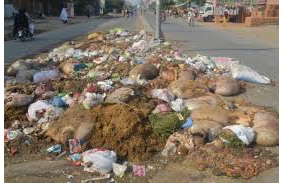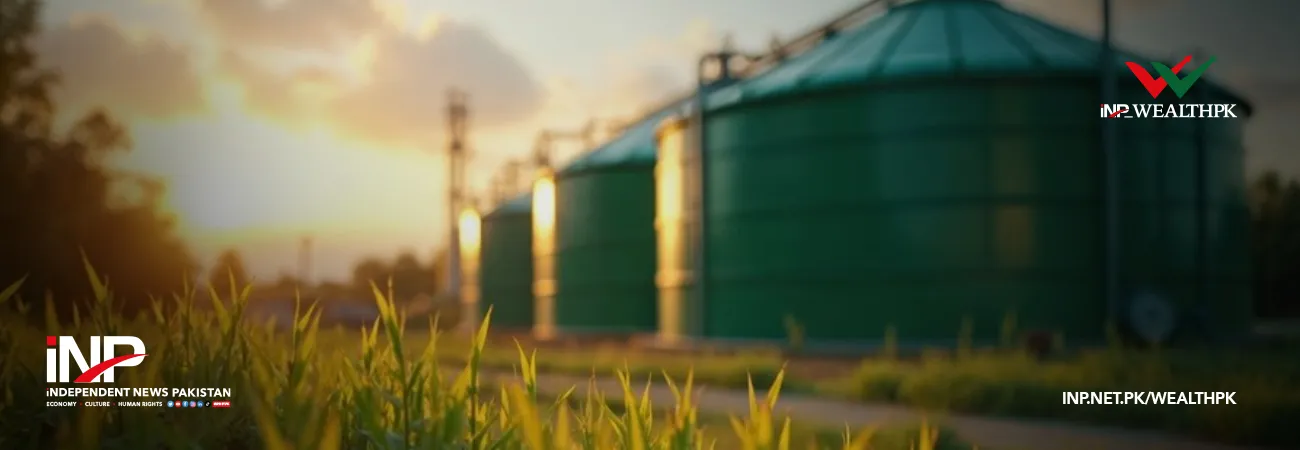INP-WealthPk
Muhammad Luqman
The Lahore Waste Management Company (LWMC) has launched a unique initiative to address the issue of thousands of tons of animal waste produced daily by public and private abattoirs in the provincial capital. Instead of dumping this waste into landfills along with municipal garbage, the LWMC plans to process it into low-cost biogas fuel.
“We have successfully experimented with the extraction of biogas from animal waste. It’s currently a pilot project with a generation capacity of 25,000 kilogrammes of biogas per day,” said Omar Chaudhry, spokesperson for LWMC, while talking to WealthPK.

He explained that the facility will initially process 1,000 tons of offal (animal stomachs), intestines, and dung. This waste-to-value green carbon credit facility is being set up at a cost of just Rs3 million. Omar said the plant, comprising anaerobic digesters, will also produce digestate — a byproduct used as manure for kitchen gardening and horticulture. “Initially, the project is being implemented only in Lahore. However, similar initiatives may be launched in other districts under the ‘Saaf Suthra Punjab’ campaign,” he added.
Faisalabad, Gujranwala, Multan, Rawalpindi, Bahawalpur and Sialkot are among the cities expected to benefit from this project.
In addition to slaughterhouses operated by the district government, Lahore has 11 privately-owned abattoirs registered with the Pakistan Halal Council, besides a huge meat complex run by Punjab Agriculture and Meat Company (PAMCO) in Shahpur Kanjran.
“Animal waste from these facilities will also be utilised for the generation of low-cost biogas fuel,” he stated. Omar noted that this initiative could gain significant momentum during Eid al-Adha, when approximately one million animals are slaughtered in Lahore alone over three days, generating an estimated 80,000 tons of animal waste. Dumping of that much animal waste had always been a herculean task, he added.
He revealed that the project is expected to help Pakistan earn 275,000 tonnes of carbon credits and $4.2 million in annual income from the rehabilitation of the waste disposal site. The LWMC spokesperson said that this project is one of the 35 initiatives launched by the Punjab government under the Green Credit scheme. According to environmentalists, this is the first time such a technique is being implemented in Pakistan, although many countries around the world, including Germany, France, the UK, China, and Brazil, are already generating biogas or biomethane from animal waste.
“Biogas projects utilising biodegradable animal waste are gaining traction globally as a sustainable energy solution. However, generating biogas from offal is a particularly unique approach,” said Hammad Naqi Khan, Director General of WWF-Pakistan. Explaining the process, he said that the plant converts animal waste into biogas through anaerobic digestion — a biological process that produces methane-rich gas, which can be used for heating, electricity generation, and even transportation.
“This approach offers numerous benefits, including renewable energy production, reduced greenhouse gas emissions, and improved waste management,” Hammad said. He emphasised that the project’s success will depend heavily on its implementation. “I hope that the project is outsourced to a specialised and experienced company.” “Ultimately, it all depends on how well the project is handled by those responsible.”
Credit: INP-WealthPk









